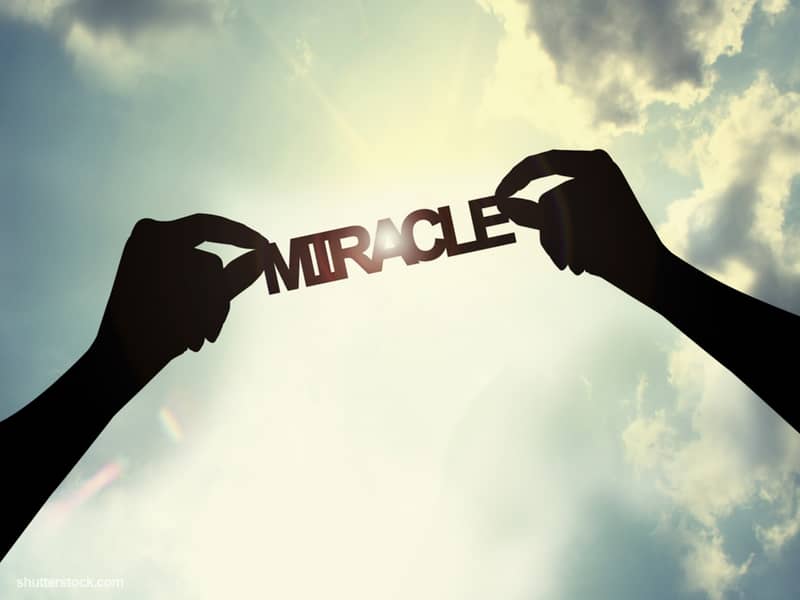In this quote, Bonhoeffer is saying that not acting is still in fact acting. When we see people suffering around us in our communities and we do nothing to help in their suffering, we act. When we allow our lives to become joyless and cynical, and it begins to impact those around us, we act. When we dream of doing great things, including travel and adventure but we do nothing, we act. Doing nothing is action. Our lives are fully lived when we give of ourselves to others.
Bonhoeffer is dealing with Christ’s “Judge not, lest you be judged” teaching in Matthew 7. Judging others is something we all do throughout the course of each day and a lot of times, it’s unconsciously done. When we judge others, we are practicing the opposite of love. We can no longer see grace and grace is something everyone deserves. We don’t know the past, the hurts, or the insecurities of the people we often judge and if we did, we still wouldn’t have a right to judge them.
Bonhoeffer was horrified by the heartlessness of injustice. In this quote, he calls us to do whatever is necessary to stop the wheels of state injustice. He is calling on us as Christians to speak out against evil and hold the government accountable for doing that which is just. By doing this with love and compassion, we bind the wounds of those injured by the government. It is important that we continue to help and heal those who are most harmed, most oppressed and most in need.
In this quote, Bonhoeffer is telling us that we don’t have to make the Bible relevant. The Bible is the infallible Word of God and it will always be relevant. The Bible tells us, “All Scripture is given by inspiration of God, and is profitable for doctrine, for reproof, for correction, for instruction in righteousness” (2 Timothy 3:16). When we deny this Word, we are also denying this truth. When we completely trust in God’s Word, we are better able to testify to it.
Bonhoeffer is sharing who God really is and calling on us to be real as followers of Christ. The Lord says, “Come now, let us reason together. Though your sins are like scarlet, they shall be as white as snow; though they are red as crimson, they shall be like wool” (Isaiah 1:18). This is an invitation to all believers. We can look at Jesus’ life to understand this quote better. Sometimes well-meaning Christians tell people that they have to clean up their lives before God will accept them, but that is not what we see in Scripture and not where God is.
In this quote, Bonhoeffer is speaking to the fact that setting our eyes on earthly possessions pulls us away from God and keeps us from truly receiving the blessings of our faith. The Bible tells us, “Set your minds on things above, not on earthly things” (Colossians 3:2). Before we knew Christ, we set our minds on everything the world views as valuable but when we give our hearts to Christ, the value of material things fades. We begin to desire greater heavenly rewards more than earthly ones.
Bonhoeffer is getting at the heart of fellowship in this quote. Poor communication has always plagued mankind, and poor listening gets in the way of being able to effectively deal with problems and understand each other. As Christians, if we want to be fellowship with each other, we have to be intentional about listening to each other. This is what Jesus did during His earthly ministry. He actively listened to the needs of those around him. If we want to be more Christ-like, we must do the same.
In this quote, Bonhoeffer is telling us that it is imperative that we understand that belief in God must be based in faith. The Bible tells us, “Without faith no one can please God because the one coming to God must believe He exists, and He rewards those who come seeking” (Hebrews 11:6). To prove existence would eliminate the need for faith and remove our belief in it. God would then be subject to the material world. God should not be limited to proof or the material world.

